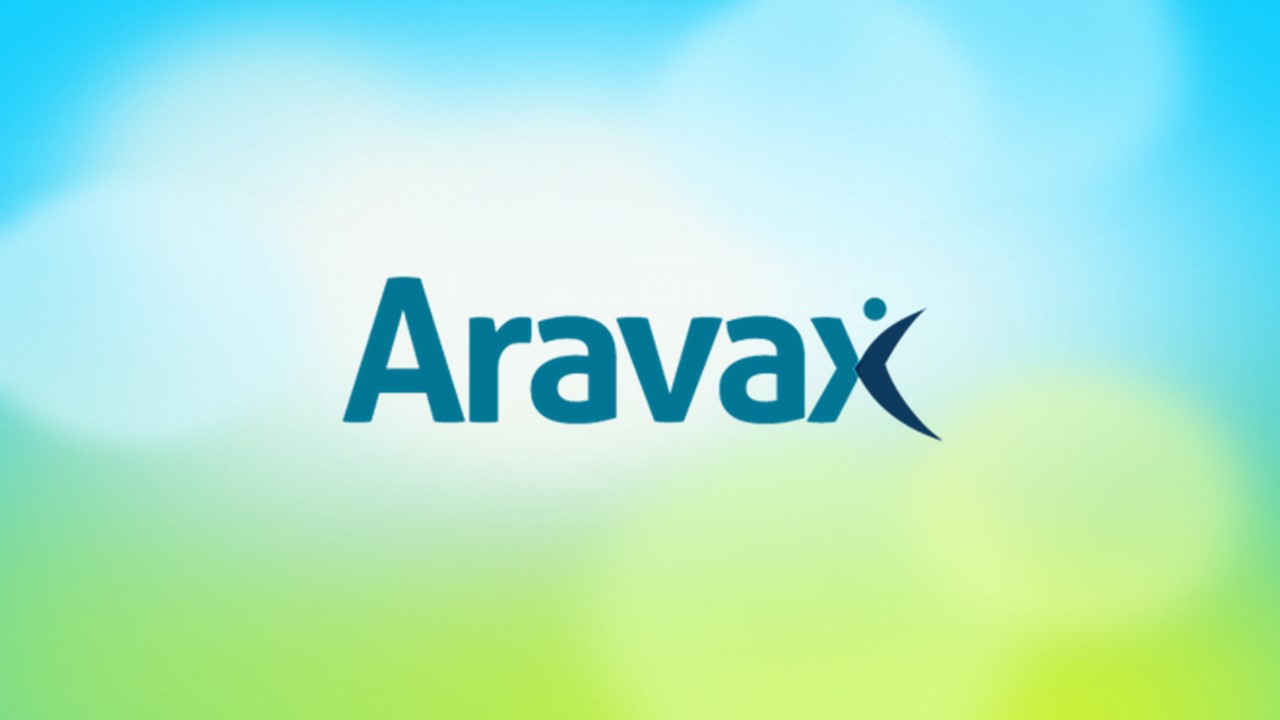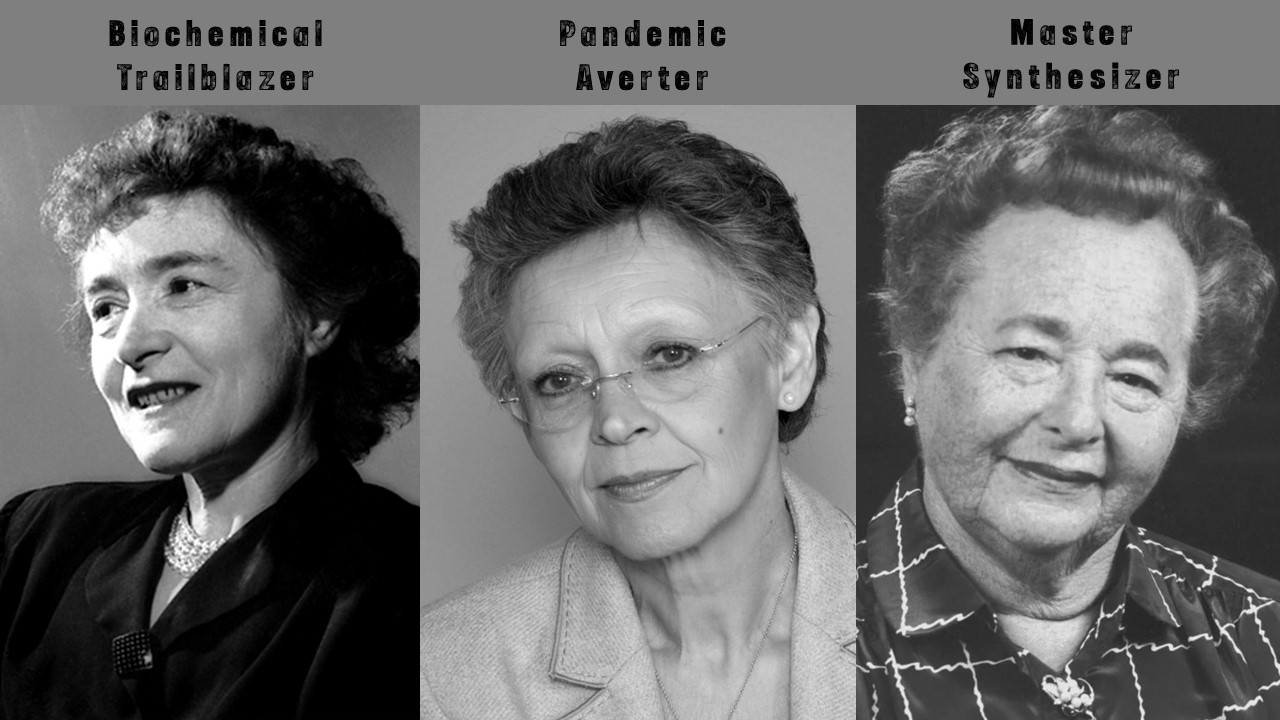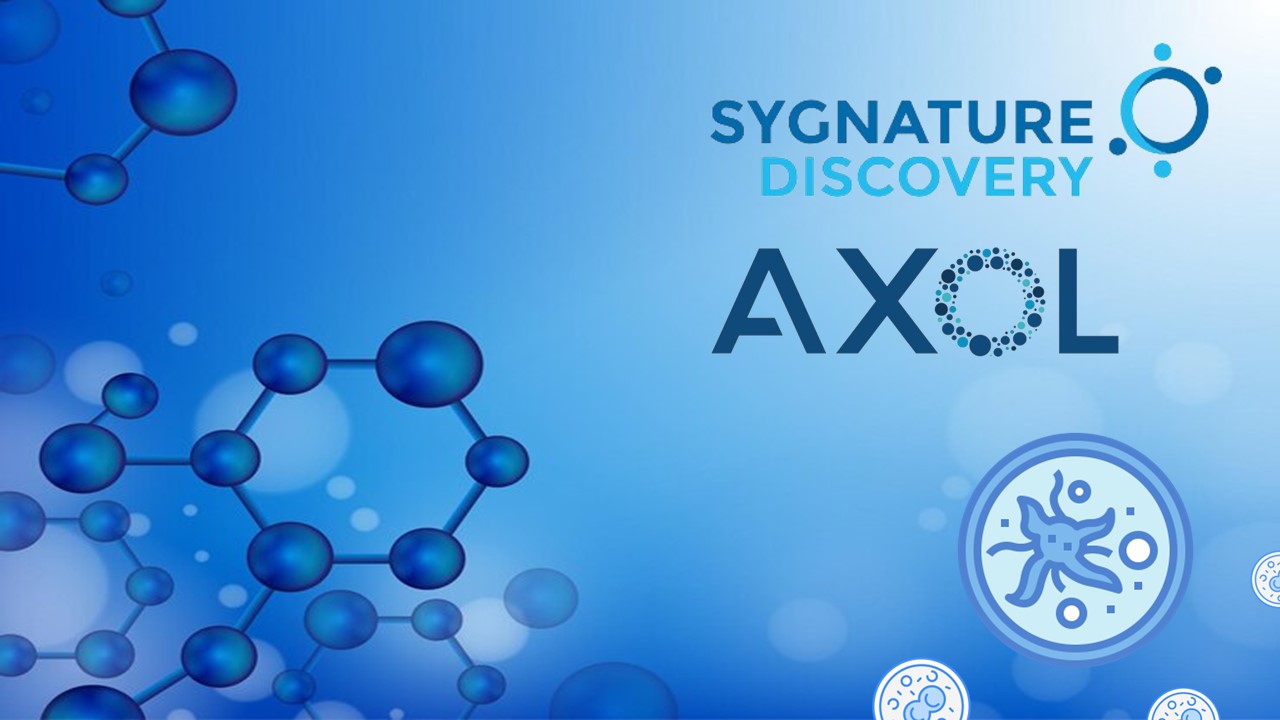Blueprint rakes in $1.25b investments
30-Jun-2022
Blueprint Medicines Corporation announced strategic financing collaborations with Sixth Street and Royalty Pharma for up to $1.25b, marking additional low-cost capital to support growth for the company. The investments represent faith by the industry in Blueprint’s significant work, and anticipated commercial opportunities, in avapritinib and pralsetinib – two kinase inhibitor products aimed at unresectable or metastatic gastrointestinal cancer and non-small cell lung cancer, respectively. Avapritinib also offers a transformative treatment option for adult mastocytosis. In exchange for the investment, the two companies will receive a portion of the future royalties of these products. Blueprint CEO, Kate Haviland, highlighted the importance of executing such a deal amidst current market conditions:
“Executing this deal with such favorable terms in the current market environment speaks to the quality of the assets, the aligned confidence in the commercial opportunities, and the investment opportunity that Blueprint Medicines represents overall for firms like Sixth Street and Royalty Pharma, with whom we are building long-term strategic relationships.”
Twist Bioscience and Ildong Pharmaceutical enter antibody partnership
30-Jun-2022
Twist Biosciences, a firm with an innovative, silicon-based DNA synthesis platform, announced an agreement that will see Ildong Pharmaceutical license a suite of Twist VHH antibody libraries for the discovery and development of immuno-oncology therapeutics. VHH antibodies, often called nanobodies, are single-domain antibodies whose smaller size allows them to reach targets that are inaccessible to traditional antibodies – with improved binding affinities. The license will last for three years, with Twist receiving an annual payment, annual maintenance fees, as well as additional payments for milestones and royalties. Twist highlighted the significance of the partnership, marking their first deal with a South Korean company and expanding their presence in the Asia-Pacific region. Advancing VHH antibodies will be crucial in further developing multispecific antibodies, as VHH antibodies are ideal for such applications. Similar sentiments were highlighted by Emily M. Leproust, CEO of Twist Bioscience:
“We believe our VHH libraries are extremely versatile in their applications developing novel and next generation therapies. Because they are significantly smaller than a traditional human antibody, they can be combined with other technologies, or used on their own for development of effective therapies,”
Pfizer and Roivant announce new company: Priovant Therapeutics
28-Jun-2022
Pfizer and Roivant together announced the unveiling of a new company, named Priovant Therapeutics, aimed at tackling the autoimmune diseases with the greatest unmet clinical burdens so far. The company was established in September 2021 through a transaction between Roivant and Pfizer, with Pfizer maintaining a 25% equity ownership in the company. Priovant will be developing the oral formulation of brepocitinib, a TYK2 and JAK1 inhibitor, for multiple orphan and specialty autoimmune diseases with a dearth of treatment options, high morbidity and mortality. The disease indications chosen are expected to be amenable to TYK2 and JAK1 inhibition. Oral brepocitinib has already gone through 14 Phase I or Phase II trials, for indications such as psoriatic arthritis, plaque psoriasis, ulcerative colitis, alopecia areata, and hidradenitis suppurativa. All Phase II trials reported statistically significant improvements compared to placebo options, showing promise for the future of Priovant. Ruth Ann Vleugels, MD, MPH, Director of the Connective Tissue Disease Clinics and Autoimmune Skin Diseases Program at Brigham and Women’s Hospital/Harvard Medical School, highlighted the importance of further investigating the therapeutic:
“There is an urgent need for novel, targeted therapies for dermatomyositis, a devastating disease with few safe and effective treatments […]Brepocitinib is a particularly promising agent, as its dual inhibition of TYK2 and JAK1 may result in superior blockade of type I interferon, a key cytokine family implicated in dermatomyositis pathogenesis.”
Astellas and Sutro Biopharma launch immunostimulatory ADC partnership
28-Jun-2022
Astellas Pharma announced a new partnership with Sutro Biopharma for the discovery and development of novel immunostimulatory Antibody Drug Conjugates (iADCs), harnessing Sutro’s expertise in the ADC field and leveraging it in combination with Astellas’ deep knowledge in oncology. iADCs promise to reinforce the emerging treatment modality of ADCs, with Sutro having demonstrated that its conjugation technology can enable the addition of an immunostimulatory component to the product. The immunostimulatory component will aim to prime an immune response after the therapeutic has been localized, hoping to overcome the immunosuppressive tumor microenvironment that often lessens the effectiveness of immune responses to tumors. As part of the agreement, Sutro will receive an upfront $90m payment with up to $422.5m for milestone associated-payments. Naoki Okamura, Chief Strategy Officer at Astellas, echoed the significance of the move:
“Astellas considers Immuno-Oncology as one of the Primary Focuses of its R&D strategy; our goal is to bring effective drugs to patients who do not respond to existing immune checkpoint inhibitors. Sutro is a leading company in the area of iADCs, a new modality, and has its own original iADC technologies. The strategic partnership with Sutro will help us expand our pipeline and widen the choice of cancer immunotherapies.”
Palleon Pharmaceuticals and Shanghai Henlius to co-develop bifunctional sialidases
28-Jun-2022
Palleon Pharmaceuticals, a firm focused on innovation in glyco-immunology to treat cancer and inflammatory disease, announced a novel partnership with Shanghai Henlius Biotech for the development of two bifunctional sialidase programs using Palleon’s innovative EAGLE immuno-oncology platform. The first program will be a bifunctional HER2-sialidase already in preclinical development, while the second option will have a proprietary target nominated by Shanghai Henlius. The aim is to leverage sialidase enzymes to eliminate sialic acids from the tumor environment and immune cells, which are known to have immunosuppressive properties. The program will grant an exclusive license to the two investigational products to Shanghai Henlius for China, while Palleon will retain all other global rights, in addition to upfront, milestone and royalty payments.
Ipsen to acquire Epizyme for $247m
27-Jun-2022
Ipsen, the French pharmaceutical company focusing on oncology, neuroscience and rare diseases, announced its acquisition of Epizyme, a company working on targeting epigenetic targets for oncological indications. Epizyme’s work has already resulted in potentially transformational results with Tazverik (tazemetostat), a first-in-class EZH2 inhibitor indicated for EZH2 positive refractory follicular lymphoma and adults with locally advanced or metastatic epithelioid sarcoma. Other products that will now be part of the Ipsen portfolio include Epizyme’s first-in-class, oral SETD2 inhibitor development candidate, EZM0414 – which is currently in trials for relapsed or refractory multiple myeloma and diffuse large B-cell lymphoma. David Loew, Chief Executive Officer at Ipsen, highlighted the portfolio expansion in a statement:
“Through this agreement, we will expand our assets in oncology. Ipsen’s capabilities and resources in oncology combined with Epizyme’s will accelerate the growth of Tazverik to achieve its full potential in follicular lymphoma patients. The strength of data support Tazverik’s positioning in patients with both EZH2 mutation positive and wild-type follicular lymphoma. We are compelled by the potential of its efficacy and tolerability profile, especially for elderly and/or frail patients who are treated in the community-based setting. Furthermore, we are excited to bring on board epigenetic expertise and the SETD2 inhibitor, as well as several pre-clinical compounds into our portfolio”
Subscribe
to get our
LATEST NEWS
Related Posts

Leadership, Trends & Investments
Aravax Continues International Expansion with Appointment of Aled Williams as Chief Business Officer
Aravax announces the appointment of Alex Williams as Chief Business Officer.

Leadership, Trends & Investments
The Immigrant, The Career-Undecided, and The Supermarket Supervisor-turned-Scientist
Learn more about the 1947, 1988, and 2008 Physiology or Medicine Female Nobel Laureates.
Read More Articles
Myosin’s Molecular Toggle: How Dimerization of the Globular Tail Domain Controls the Motor Function of Myo5a
Myo5a exists in either an inhibited, triangulated rest or an extended, motile activation, each conformation dictated by the interplay between the GTD and its surroundings.













